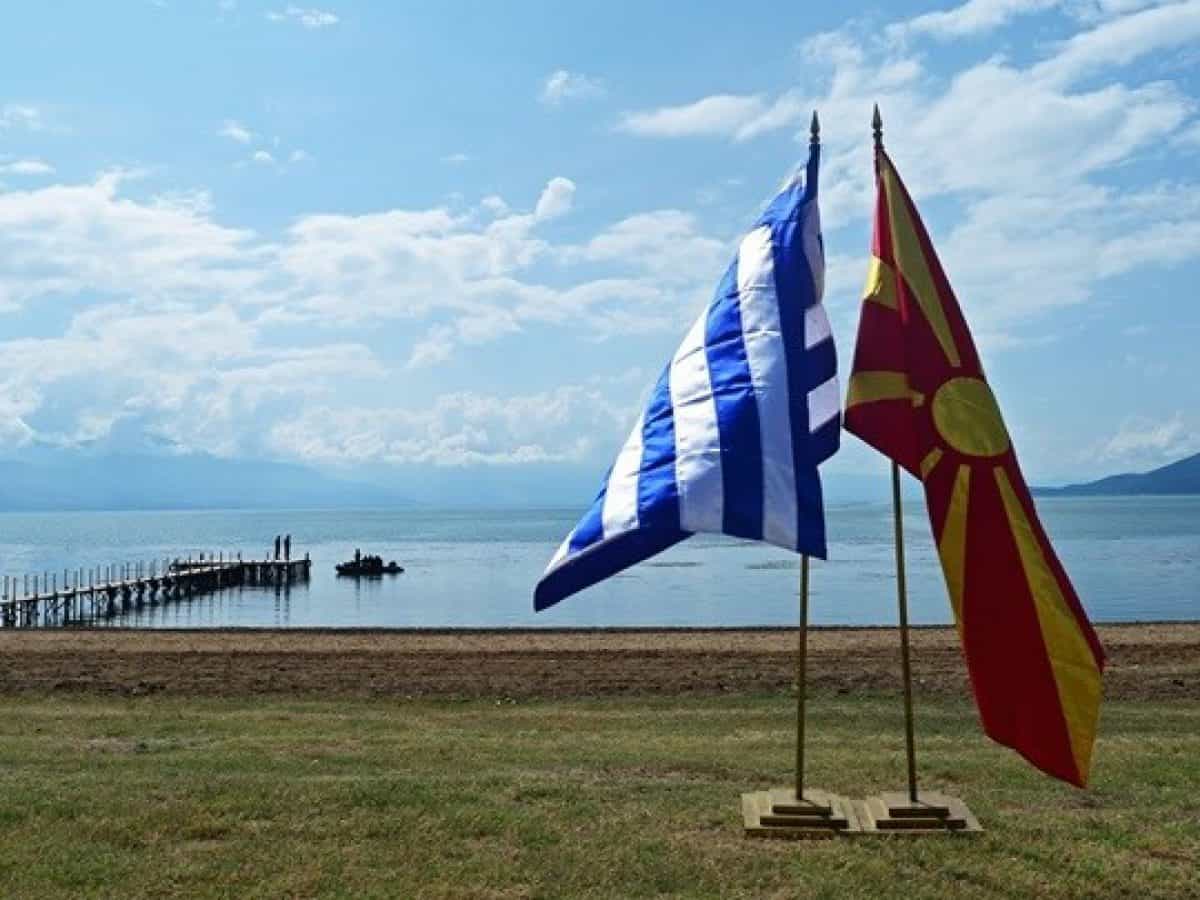Originally posted by Tomche Makedonche
View Post
https://infomax.mk/wp/%d0%ba%d0%b0%d...fZ-zKZi_YXMy14
18 July 21 - (Translation) The uniqueness of the Macedonian language is universally recognized and confirmed in the United Nations, says former mediator in the name dispute Matthew Nimetz. Nimetz in an interview with Channel 5, asked about the Sofia-Skopje relations, and that the identity and language were not part of the Prespa Agreement, but was put on the table by Bulgaria, clarified that for the Greek side the problem was not the identity but the name of the language, and in this case it is a different dispute.
These questions are unique, there were situations that were similar, but not so similar. You know the Prespa Agreement refers to language, it does not use the word identity because it is not a legal word. The Macedonian language has been accepted for a long time and people all over the world know that the Macedonian language exists. The dispute with Greece was not about the language at all, but about the name of the language. In other words, the Greek side had no problem with you having a nice language, a special language. But their problem was that if it was called the Macedonian language, it could give the impression that it had a connection with the ancient Macedonians. The dispute with Bulgaria is different in terms of the origin of the languages. "I am not an expert on that, it was not an issue in the Prespa Agreement, but it is an issue they want to discuss, so it is a subject of discussion," Nimetz said.
Asked if one can discuss one's identity, which is an inner sense of belonging, Nimetz is adamant that identity can not be negotiated.
- No, you can not. There were, and still are, internal feelings between Greece and Northern Macedonia. People in Northern Macedonia are emotional about it and people in the Greek region of Macedonia are still emotional. "You are not driven by emotions, but you can reach an agreement on how you talk about it, how you articulate it, with respect for different opinions on sensitive historical or emotional issues," said the US diplomat.
Ambassador Nimetz believes that mediation is not needed to overcome the misunderstandings between Skopje and Sofia, but that both sides should resolve the issue themselves, as well as whether they need mediation.
- One mediation in life is enough. Also, mediation or a solution with Bulgaria should not last 20 years, it should not last even 20 months, in my opinion. But the two countries have to decide for themselves. "Whether they need a mediator or not is up to them, not someone from outside," said Matthew Nimetz, a former mediator in the name dispute.
18 July 21 - (Translation) The uniqueness of the Macedonian language is universally recognized and confirmed in the United Nations, says former mediator in the name dispute Matthew Nimetz. Nimetz in an interview with Channel 5, asked about the Sofia-Skopje relations, and that the identity and language were not part of the Prespa Agreement, but was put on the table by Bulgaria, clarified that for the Greek side the problem was not the identity but the name of the language, and in this case it is a different dispute.
These questions are unique, there were situations that were similar, but not so similar. You know the Prespa Agreement refers to language, it does not use the word identity because it is not a legal word. The Macedonian language has been accepted for a long time and people all over the world know that the Macedonian language exists. The dispute with Greece was not about the language at all, but about the name of the language. In other words, the Greek side had no problem with you having a nice language, a special language. But their problem was that if it was called the Macedonian language, it could give the impression that it had a connection with the ancient Macedonians. The dispute with Bulgaria is different in terms of the origin of the languages. "I am not an expert on that, it was not an issue in the Prespa Agreement, but it is an issue they want to discuss, so it is a subject of discussion," Nimetz said.
Asked if one can discuss one's identity, which is an inner sense of belonging, Nimetz is adamant that identity can not be negotiated.
- No, you can not. There were, and still are, internal feelings between Greece and Northern Macedonia. People in Northern Macedonia are emotional about it and people in the Greek region of Macedonia are still emotional. "You are not driven by emotions, but you can reach an agreement on how you talk about it, how you articulate it, with respect for different opinions on sensitive historical or emotional issues," said the US diplomat.
Ambassador Nimetz believes that mediation is not needed to overcome the misunderstandings between Skopje and Sofia, but that both sides should resolve the issue themselves, as well as whether they need mediation.
- One mediation in life is enough. Also, mediation or a solution with Bulgaria should not last 20 years, it should not last even 20 months, in my opinion. But the two countries have to decide for themselves. "Whether they need a mediator or not is up to them, not someone from outside," said Matthew Nimetz, a former mediator in the name dispute.





 I think comedy is best left to RtG.
I think comedy is best left to RtG.



Leave a comment: